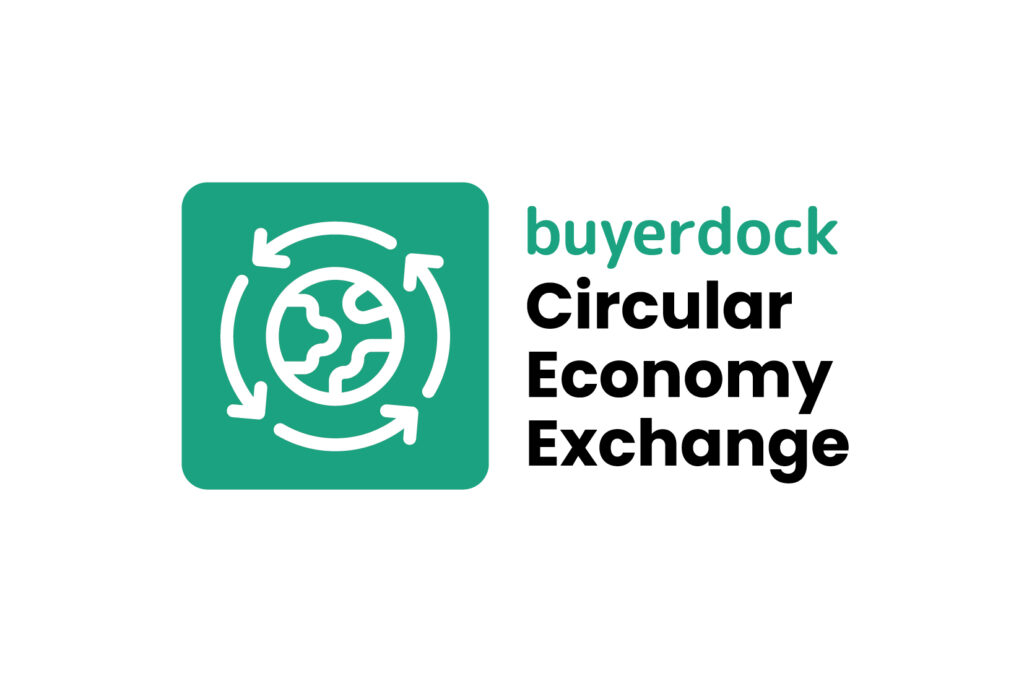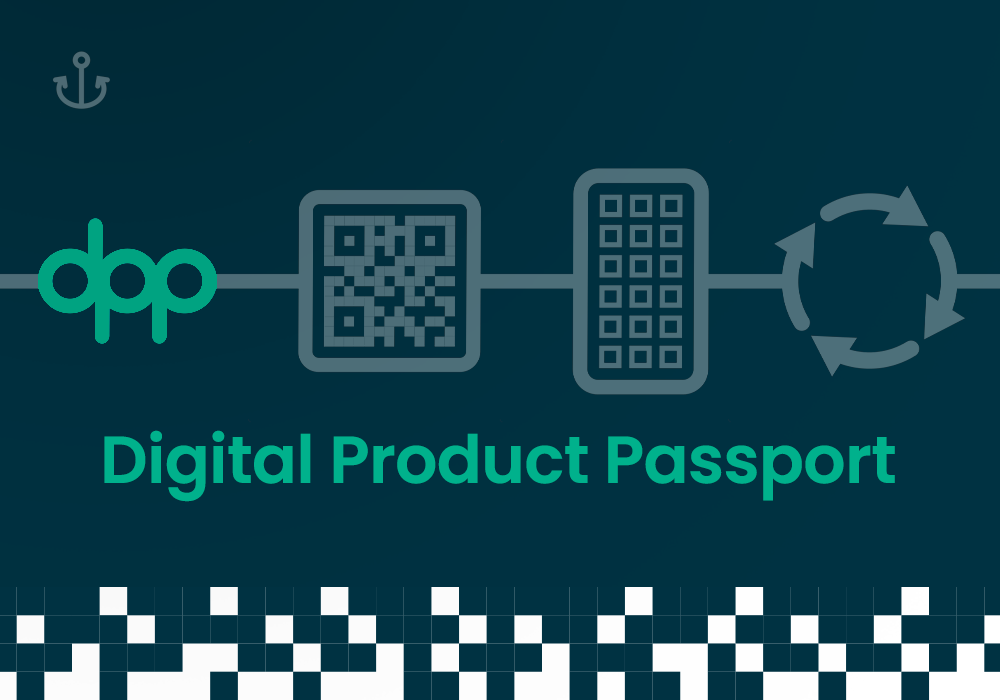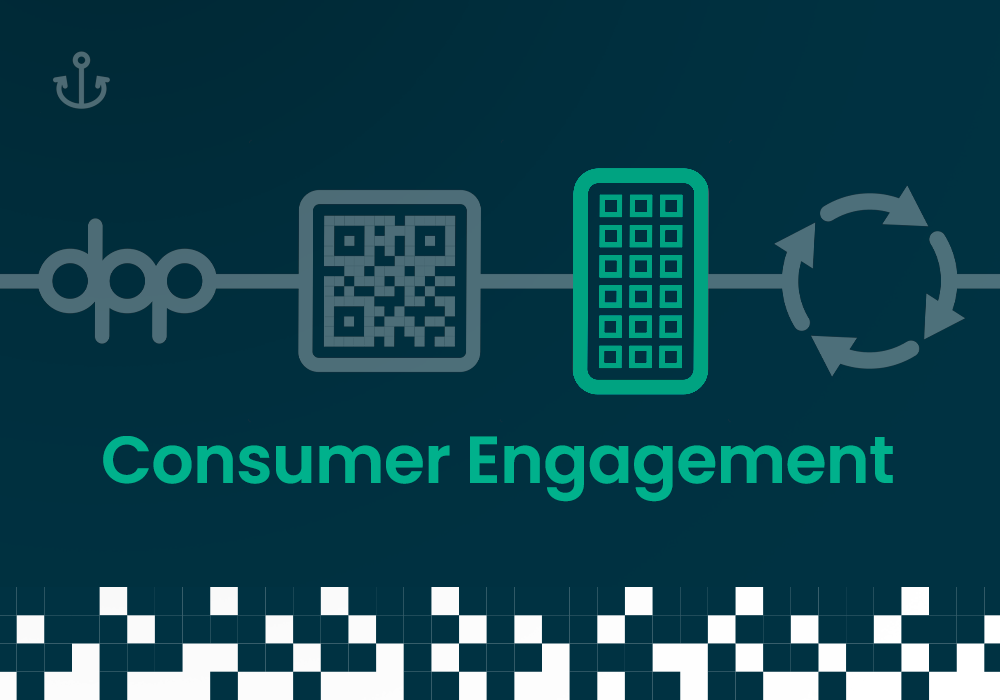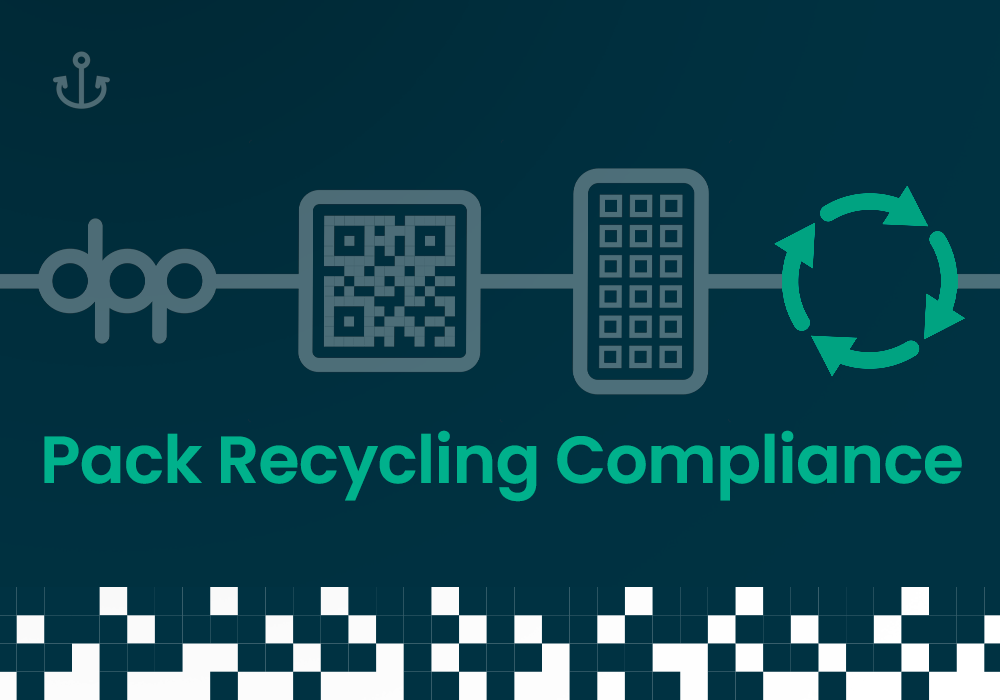ESG Without the Gloss: Real Sustainability Challenges
At the latest Circular Economy Exchange, a free monthly event hosted by Buyerdock CEO Jonathan Sparkes, experts from banking, government, fashion, tech and academia came together to discuss the real-world challenges of making sustainability work.
Held every second Wednesday of the month, the CEE offers an open forum for cross-industry discussion. It’s a space for sharing what’s working, what isn’t, and what needs to change as we move toward more circular and transparent systems.
In this this session, led by Wendy Whewell, Head of ESG and Climate Change at Santander, the conversation focused on one central theme: we need to strip away the gloss, the jargon, and the assumptions if we want to make real progress.
Speak Clearly, Not in Acronyms
One of the first points raised was the overuse of technical language. Terms like “net zero” or “TCFD” (Task Force on Climate-related Financial Disclosures) might make sense within sustainability teams, but for many businesses, they’re off-putting and unclear.
Instead, framing the conversation around everyday impact makes a difference. Talking about reducing energy bills resonates far more than talking about cutting emissions. If the goal is widespread change, the language must be inclusive, not exclusive.
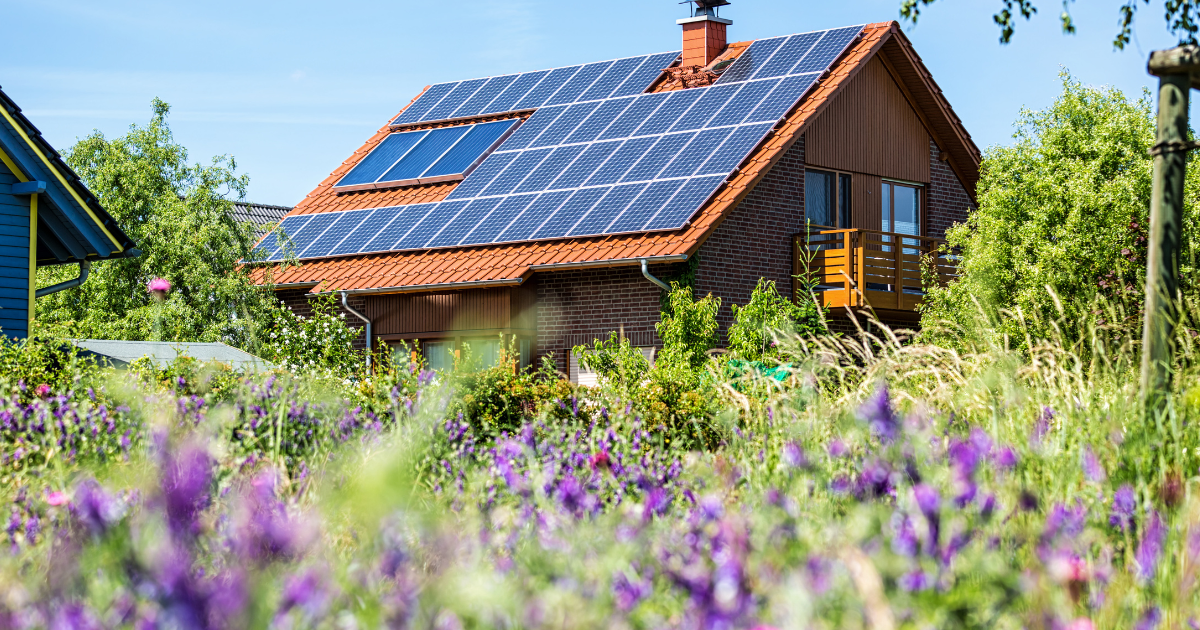
Sustainability Requires Support, Not Just Standards
A clear theme emerged around collaboration. Large companies often rely on smaller suppliers to meet sustainability targets, but many of those smaller businesses lack the resources or guidance to act.
Rather than issuing requirements, there’s a growing need for larger organisations to offer tools, support, and knowledge-sharing. This is particularly urgent for SMEs, which make up 99% of UK private businesses and are responsible for a significant share of emissions.
As Wendy said during the session, no organisation can solve this alone.

Finance Can Help, But the Incentives Are Weak
Financial institutions are under pressure to assess and manage climate risk, but progress has been slow. While some banks offer green loans or climate-linked finance, the actual benefits are often minimal, especially for small businesses.
There was also a conversation about how climate risk is now affecting insurance. Some properties, for example, are becoming uninsurable due to flooding or fire risks. That shift could have a major impact on how we think about value, development, and future investment.
Banks, lenders, and insurers all have a role to play. But they need better tools and clearer incentives if they’re going to drive meaningful change.
Transparency Is Still a Struggle
Participants from fashion and consumer goods spoke about how hard it is to trace materials and practices through long, complex supply chains.
Some of the challenges include fraudulent claims, poor digital literacy, inconsistent standards, and limited access to reliable data. Verifying that a product is truly organic or sustainably sourced can be nearly impossible when information has to travel through multiple intermediaries.

Solutions like digital product passports and GS1 standards were mentioned as promising steps forward. But unless the approach is widely adopted and consistently applied, the gaps will remain.
Policy Is Moving, But Not Always in Sync
Government regulation is evolving, with new rules around packaging, recycling, and producer responsibility. While these efforts are encouraging, participants noted how often regulations are developed in isolation.
For example, packaging requirements tied to recycling may conflict with other labelling or product information laws. Without a more coordinated approach, compliance becomes harder, not easier.
There was agreement that good regulation should enable progress, not create confusion.
Reconnecting Consumers With Impact
One of the more reflective parts of the conversation focused on how disconnected people have become from the products they use.
Many younger consumers, for example, have little understanding of how their food is grown or how their clothes are made. That disconnect makes it harder to build awareness around sustainability or ethical sourcing.
Participants spoke about the potential to reintroduce ideas like seasonal buying or local production, not as a restriction but as a way to build transparency and reduce unnecessary environmental impact.
Education was also a concern, particularly the growing use of AI tools in schools. There was a shared sense that critical thinking, especially around complex global issues, risks being lost.

Four Things to Focus On
The session closed with a set of clear takeaways for anyone trying to move from ESG theory to practical action:
A. Keep the language simple
Speak in plain terms that highlight business and personal benefits.
B. Support your supply chain
Especially SMEs. Help them build capacity instead of adding pressure.
C. Make education part of the strategy
From schools to workplaces, build understanding early.
D. Standardise how data is shared
Consistent, verifiable data makes sustainability measurable and scalable.
This wasn’t a room full of idealists. It was a room full of people trying to get things done in systems that are often too complex, too fragmented, and too slow. But the energy in the room was practical and forward-looking. The message was clear. We know what’s wrong. Now let’s focus on fixing it together.
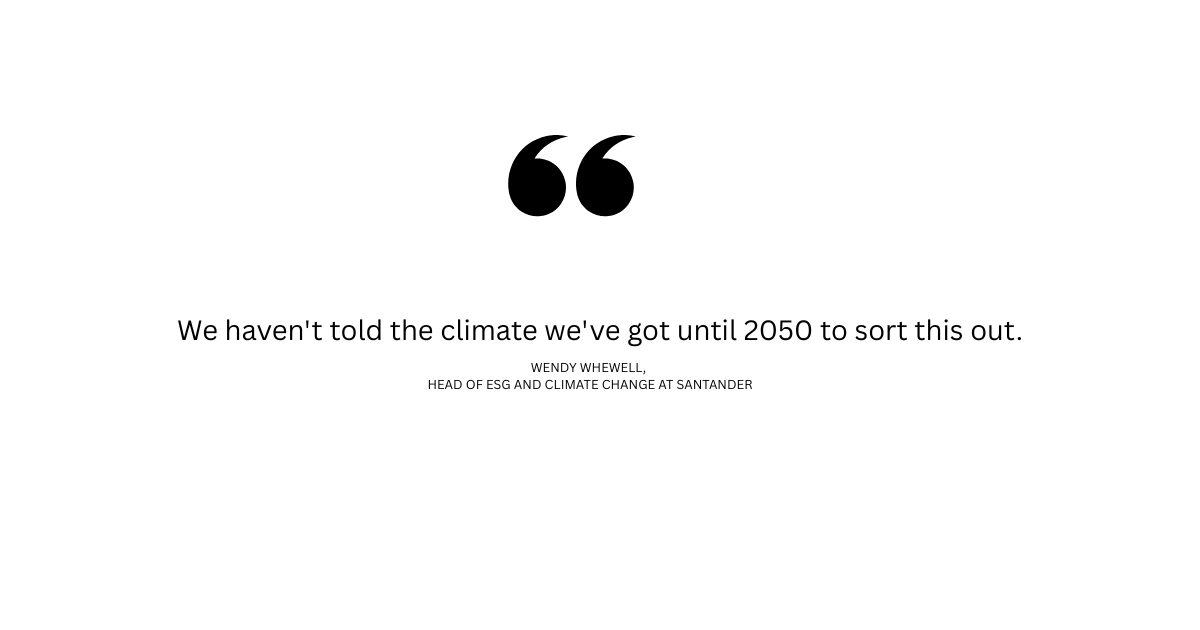
Interested in joining the next Circular Economy Exchange?
Get in touch with Jonathan Sparkes at jonathan.sparkes@buyerdock.com, or sign up for future events.
Next event details:
Date: 13 August 2025
Time: 2:00 – 4:00 PM
Location: St. Anne’s Church, Allen Room (1st Floor), 55 Dean Street, London W1D 6AF
Led by: Rhian Owen,
Lead, Sustainability Services Projects – Eurofins
Topic: Passport to the Future: How DPPs Are Ushering in the Next Industrial Revolution
Let’s keep the conversation going.
